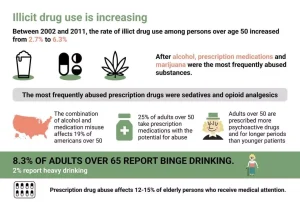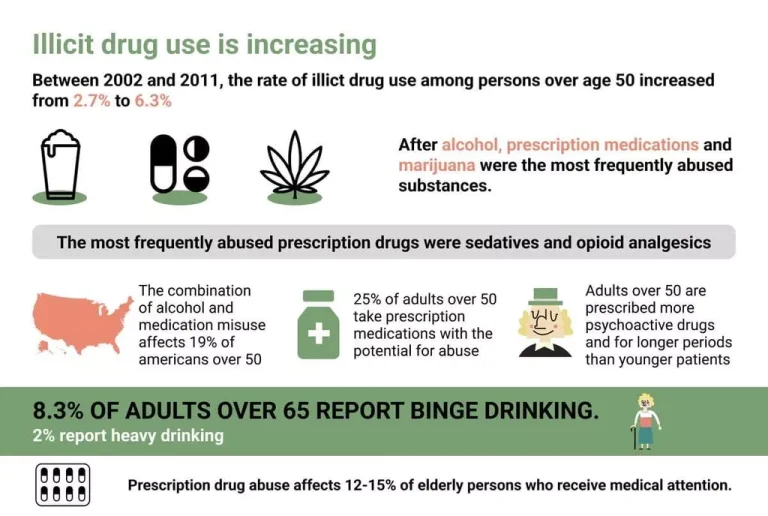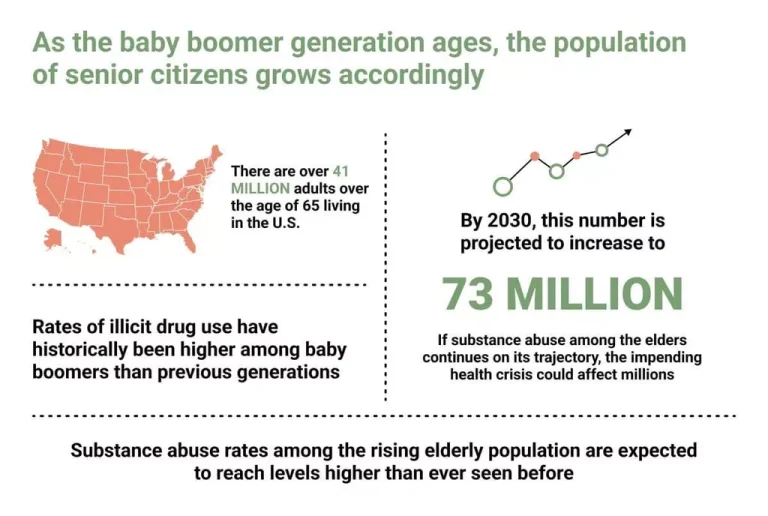How Long to Get Back into Ketosis after Drinking Alcohol?

Acetaldehyde is intrinsically produced in the body 53, 54; however, it is quickly degraded 37. Therefore, acetaldehyde should be quickly diluted or removed from the body. The increased fluid intake induced by acetaldehyde appears necessary for the former purpose, that is, for the dilution of acetaldehyde. Regular alcohol consumption can lead to chronic liver inflammation and impaired energy-making processes and may cause fatty liver disease, alcoholic hepatitis, and cirrhosis.

Dehydration from Alcohol: How to Bounce Back from a Hangover (Or Prevent One)

Do you regularly get dehydrated from alcohol, sports, and high altitude? Consider how you’d like to feel later in the evening, or the next morning, and choose ahead of time how much alcohol you should consume. Some of us are more resilient to the effects of alcohol than others, but we should all know our limits. Alcohol is a natural diuretic that draws fluid out of your body, expelling it through your kidneys and bladder more rapidly than usual. It does this by inhibiting your antidiuretic hormone — a hormone that’s used by the body to protect against dehydration.
How Does Alcohol Cause Dry Mouth?
The over consumption of tannins, like having a few glasses of wine, causes the slippery proteins in our saliva, tongues and cheeks to stick together, which produces a rough feeling on the tongue. Luckily, the bonds between the tannins and proteins are temporary, meaning once the mouth creates new saliva, it will dilute the tannins and carry them away. “There are old studies from the 1970s suggesting that this pathway might regulate thirst. Our does wine make you thirsty data suggest that FGF21 might work through that pathway as well,” said Dr. Mangelsdorf.
Oral dryness induced by EtOH and acetaldehyde: change in salivary secretion

The first is that alcohol, along with other beverages such as coffee, has a diuretic effect on your body. This basically means it will cause your body to eliminate more water than it should through your urine. It does this by blocking the release of a hormone that is Alcohol Use Disorder needed for water reabsorption. This can increase your BAC significantly if you don’t replenish your body’s supply with a few sips of water as you drink.
- For this reason, a person should drink alcohol in moderation and avoid binge-drinking or chronic heavy drinking.
- The actual dehydration effect depends on how much you drink and your body’s unique response, but generally, wine can be more dehydrating than beer, especially if you’re not balancing it out with enough water.
- In addition, obese people tend to wear tighter clothing which may further increase sweating.
- If you don’t feel better from drinking plain water, try adding an electrolyte mix to water or drinking a low-sugar sports drink that contains electrolytes.
- Acetaldehyde can directly damage DNA and inhibit your cells’ ability to repair damaged genetic material.
- This can further aggravate the ill effects of a hangover and exacerbate symptoms like nausea, headaches, and dehydration.
- But what if you aren’t in an extreme situation but are instead just looking to deal with a headache or get ready for another round at a party?
Condition Spotlight
- Alcohol can also act as a diuretic, meaning it increases the production of urine and can cause dehydration, which may lead to increased sweating.
- You probably know dehydration as what happens to our bodies when we don’t take in enough fluids.
- That said, the higher a drink’s alcohol content, the more of a diuretic it’s believed to be.
- Additionally, using products like panty shields and pant liners made with absorbent materials can help to keep excess sweat away from the skin.
- And the NHS advise to also drink a pint or so of water before you go to sleep.
EtOH inhibits calcium currents in neurosecretory neurons in the hypothalamus 28 and the terminals of the posterior pituitary 10, 11, 29, and it potentiates voltage-gated potassium channels 30. In the case of relatively heavy-alcohol drinking or administration, which may cause a hangover, the urine volume is decreased with an increase in plasma AVP or remains unchanged 14, 15, 16, 21, 32. One study indicates the biphasic responses of early alcohol-induced diuresis and late anti-diuresis following alcohol drinking in humans 17.
- Low doses of EtOH induce diuresis; however, the urine volume is decreased rather than increased by substantial doses in animal experiments 14, 15, 16.
- It’s not recommended to consume hard liquor while fasting.Whenever you drink alcohol, your liver can’t break down and metabolize fat, which interferes with ketosis and breaks a fast.
- If you’re into cooking and you pour some wine into a frying pan then the alcohol disappears almost instantaneously.
Especially during the holidays, the boundaries you make with alcohol can safeguard your time with close family and friends — allowing you to be your most present self on Christmas morning, instead of nursing a hangover. When you’re thirsty — or after you’ve gone for a run — you probably don’t reach for a beer, and you certainly don’t mix an Old Fashioned. In the video, “Why Does Wine Make Your Mouth Feel Dry?” MinuteEarth explains the temporarily leather-like feel in our mouth is linked to the tannins in wine.

